


Inconsistencies arose between HubSpot, Salesforce Sales Cloud, and backend systems due to disparate data sources and multiple systems. These discrepancies impacted both marketing and sales activities, causing issues in defining workflows.
Uncoordinated customer experience resulted from using multiple systems for marketing and sales. This led to drops in member engagement metrics, requiring analysis and corrective actions to resolve.
The client's multi-system architecture, involving HubSpot, Salesforce Sales Cloud, Zapier, NPS Delighted,Fivetran and Amazon S3, created challenges in managing data effectively and defining workflows. The systems led to data duplication and multiple versions of data.
Due to disparate data sources and systems, the client struggled with cohesive marketing strategies, impacting personalized communication and campaign effectiveness.
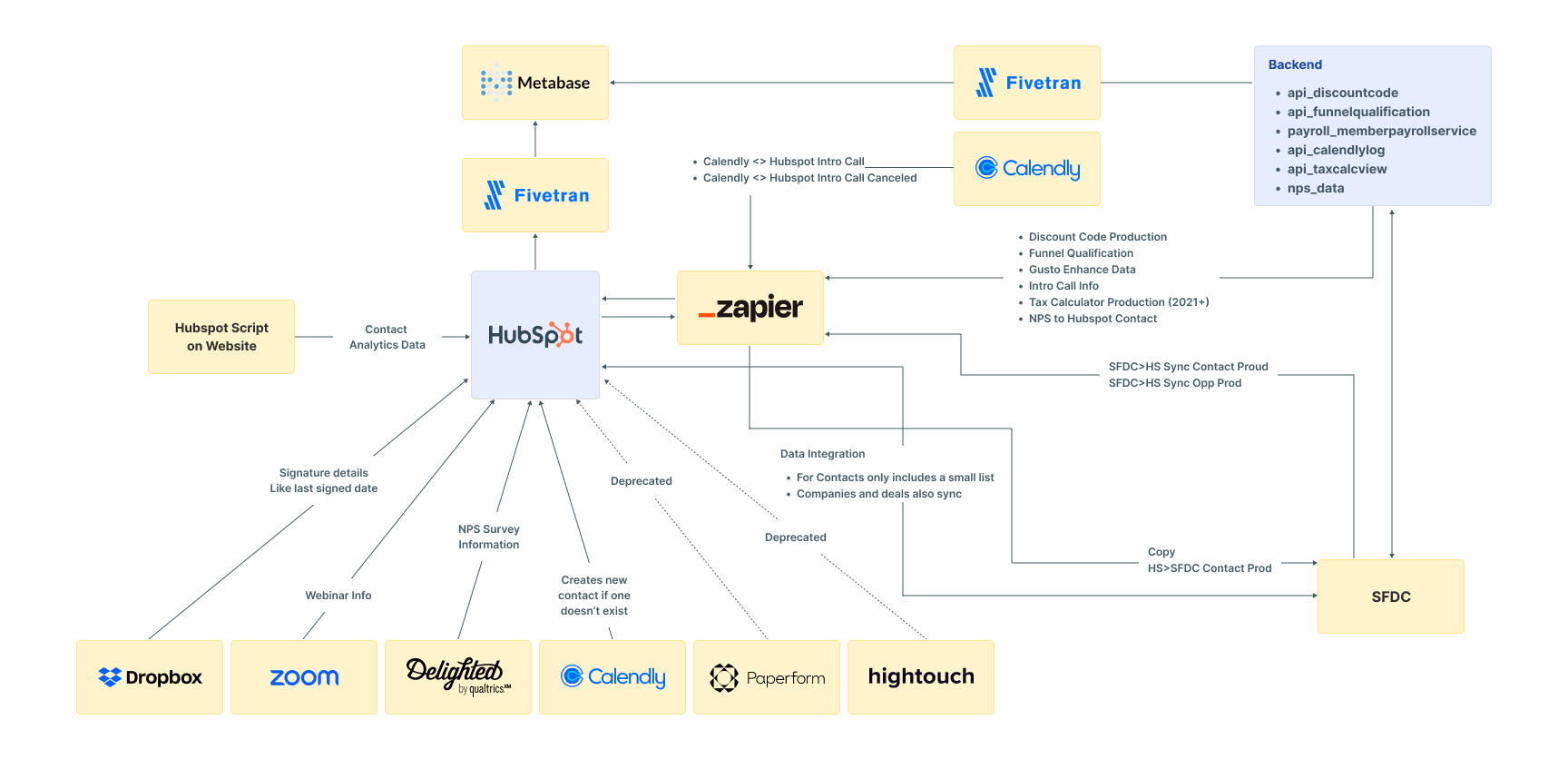
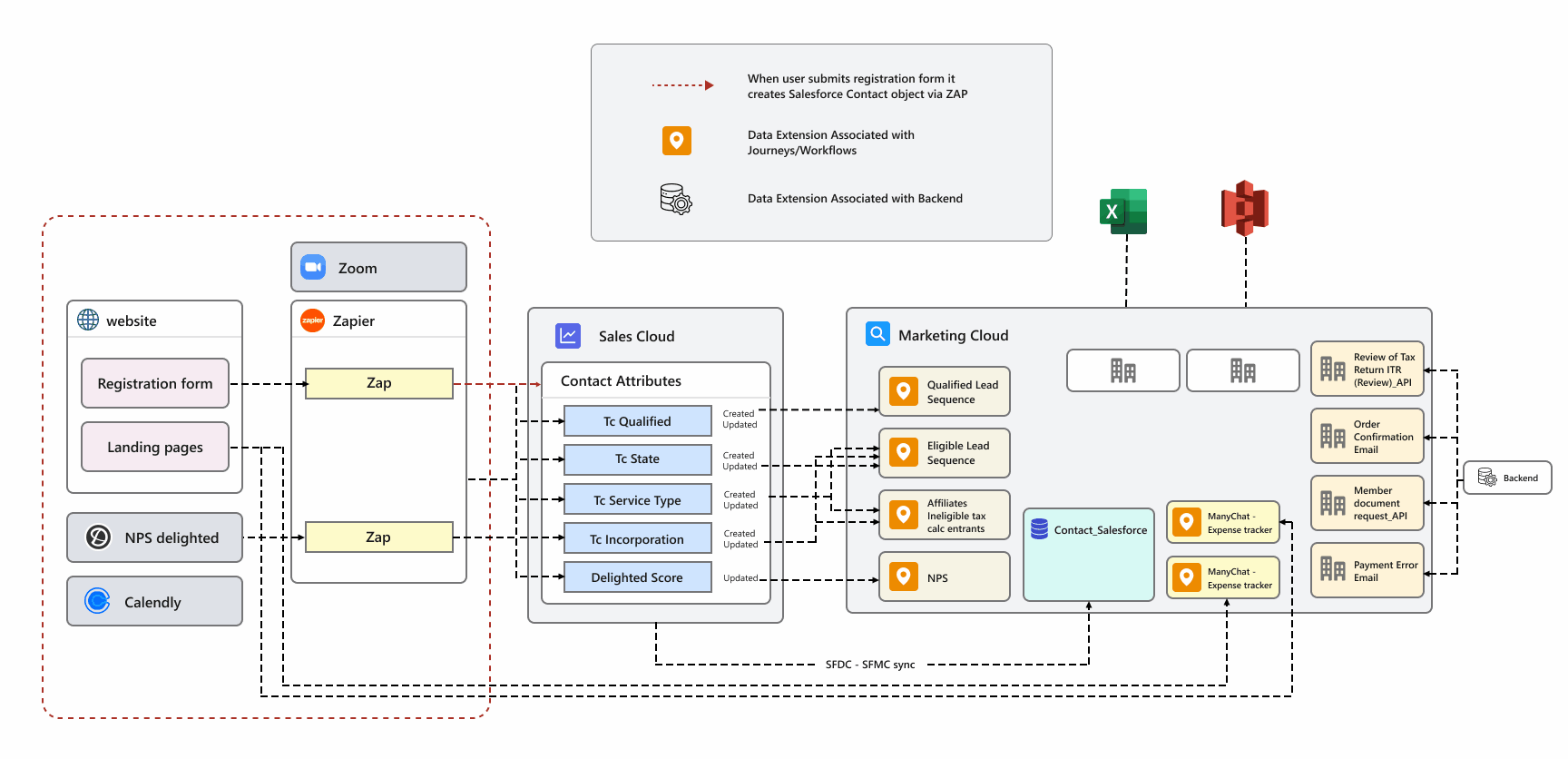
Using Salesforce Marketing Cloud, we integrated data from HubSpot, Salesforce Sales Cloud, and backend systems into a unified platform. This centralized approach improved management, eliminated inconsistencies, and ensured data integrity across systems.
These tools within Salesforce Marketing Cloud helped manage data more efficiently, organizing it into structured formats that facilitate easy access and data segmentation. This directly addresses the issue of managing multiple data sources.
Using Journey Builder in Salesforce Marketing Cloud, customized communication flows tailored to individual member behaviors and preferences were developed . This strategic personalization directly addressed and mitigated drops in engagement by ensuring that communications were not only relevant but also timely.
Engagement strategies were expanded to include notifications across multiple channels, ensuring that customers received consistent and synchronized messages whether they interacted via email, social media, or mobile platforms. This comprehensive approach helped increase visibility and reinforced message retention, keeping customers well-informed and engaged across all touchpoints.
After we reviewed their system, we consulted them on integrating NPS Delighted & Zoom with the sales cloud for data storage in one place. Then, we integrated the marketing cloud with the sales cloud and Amazon S3. This created a cohesive ecosystem, reducing data duplication and simplifying workflows.
Automation Studio was utilized to automate repetitive tasks such as manual process of lead filtration based on the assigned criteria, which was resolved through scripting, filters and workflows, significantly reducing the complexity of operations and improving overall system efficiency.
With unified data and integrations, we developed cohesive marketing strategies across platforms and channels. Salesforce Marketing Cloud’s segmentation like SQL Queries, Data Filters, Contact builder and third party applications helped in Audience Builder tools which enabled targeted and effective campaigns.
Salesforce Marketing Cloud's Email Studio and Content Builder were used to design and execute consistent, appealing, and effective marketing communications. This improved campaign effectiveness and ensured messages were personalized and aligned with overall branding.
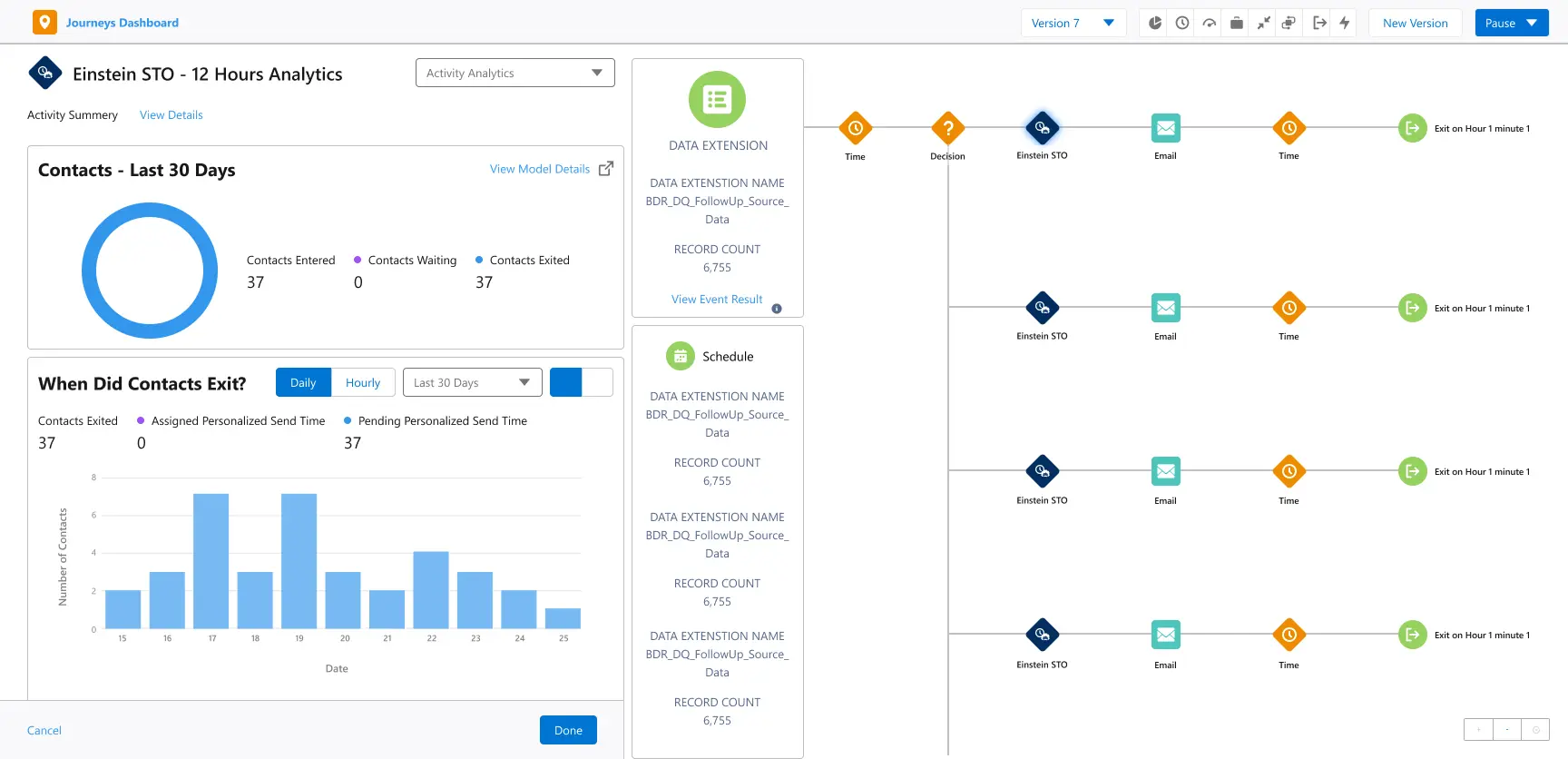
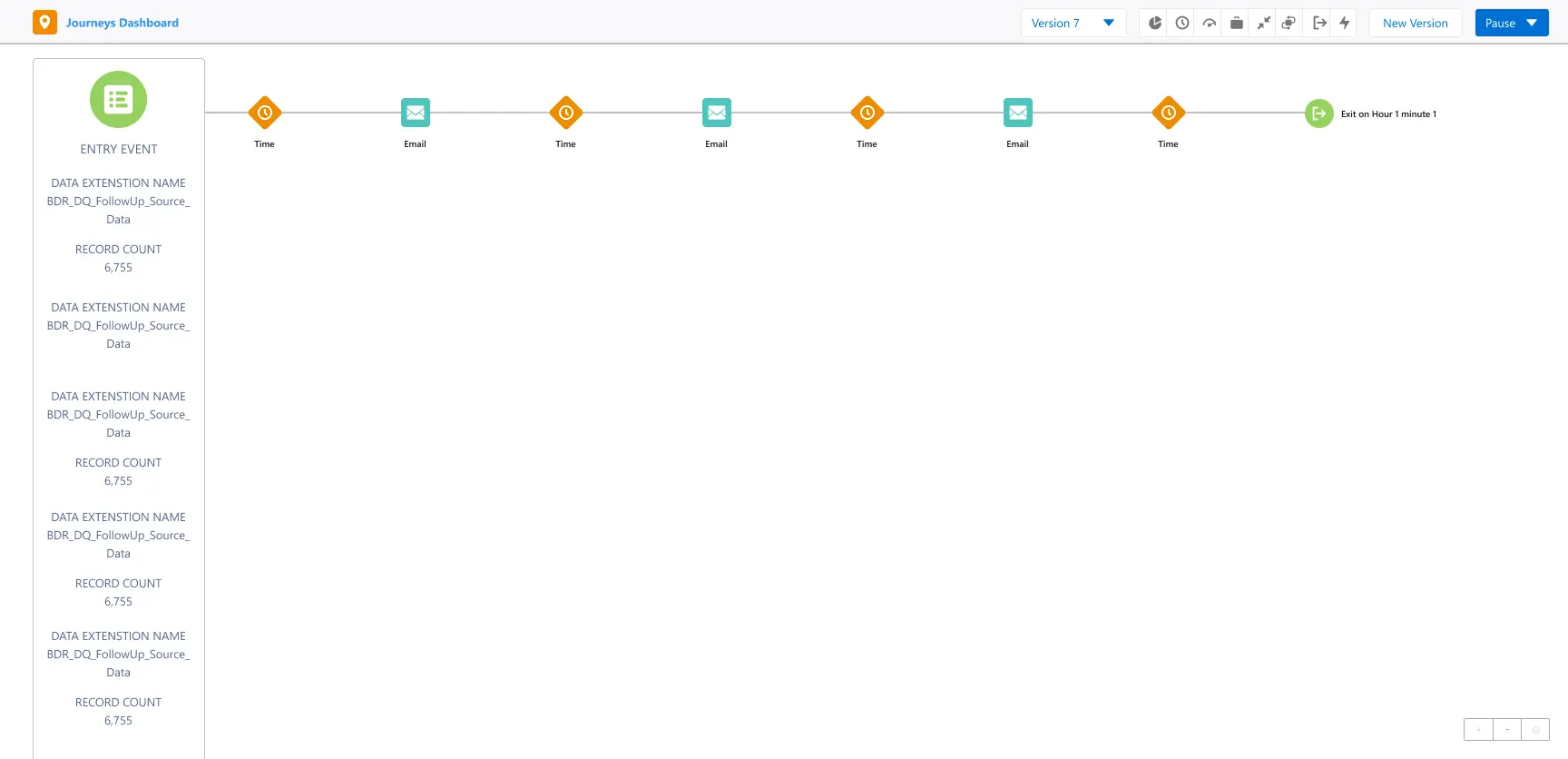
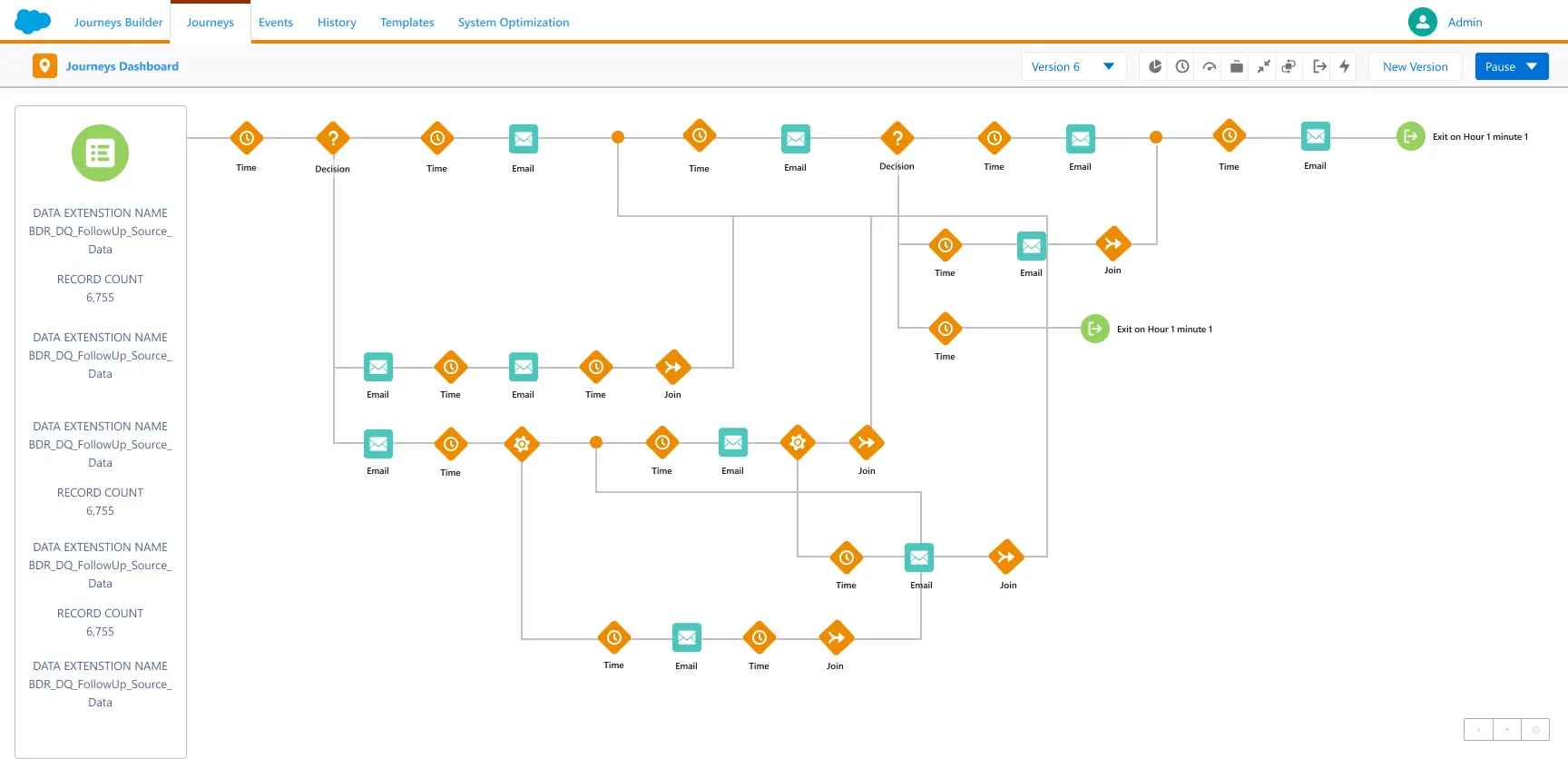

Get thoughtful updates on what’s new in technology and innovation
Want to build CRM Solutions with Salesforce?
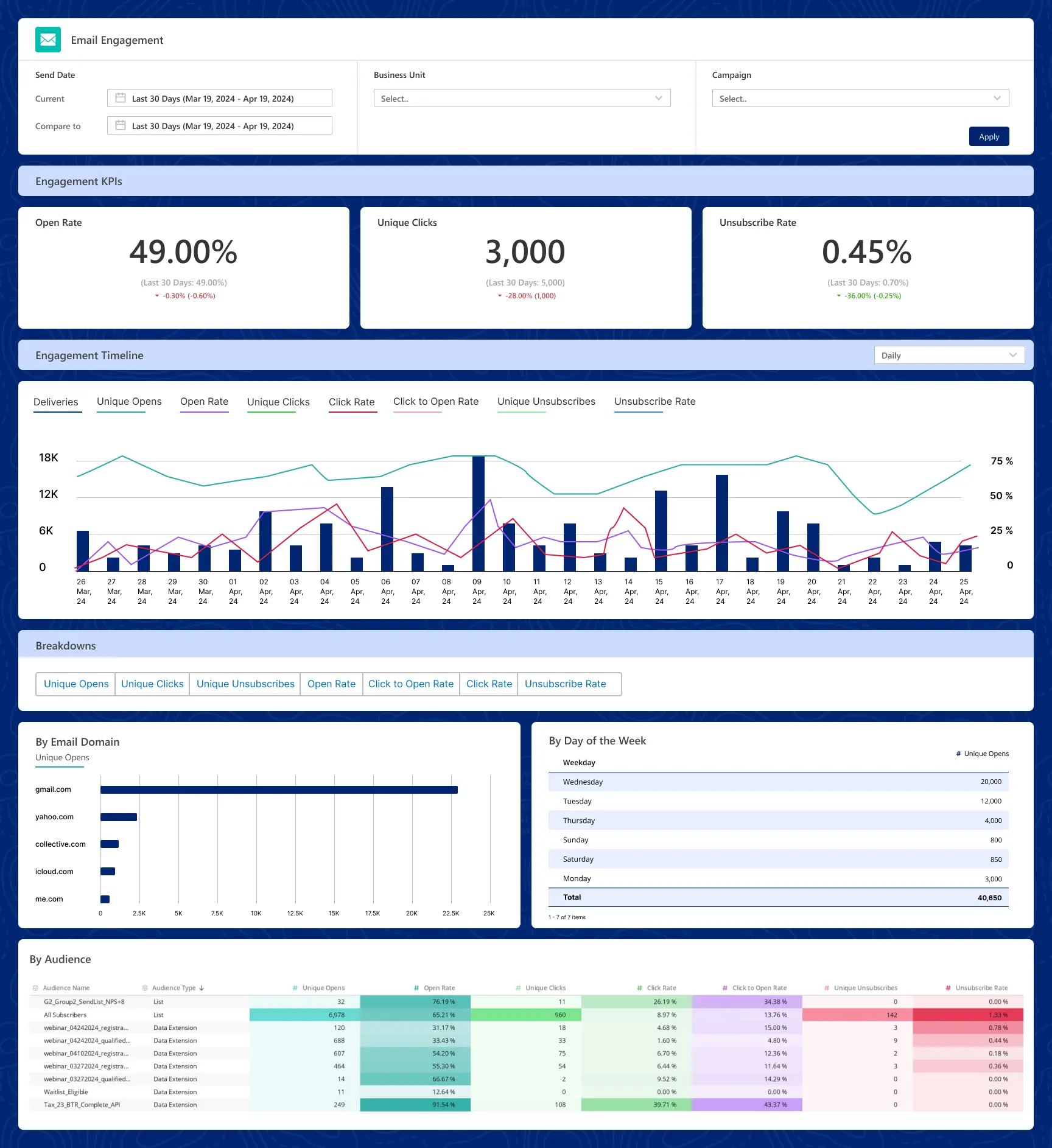
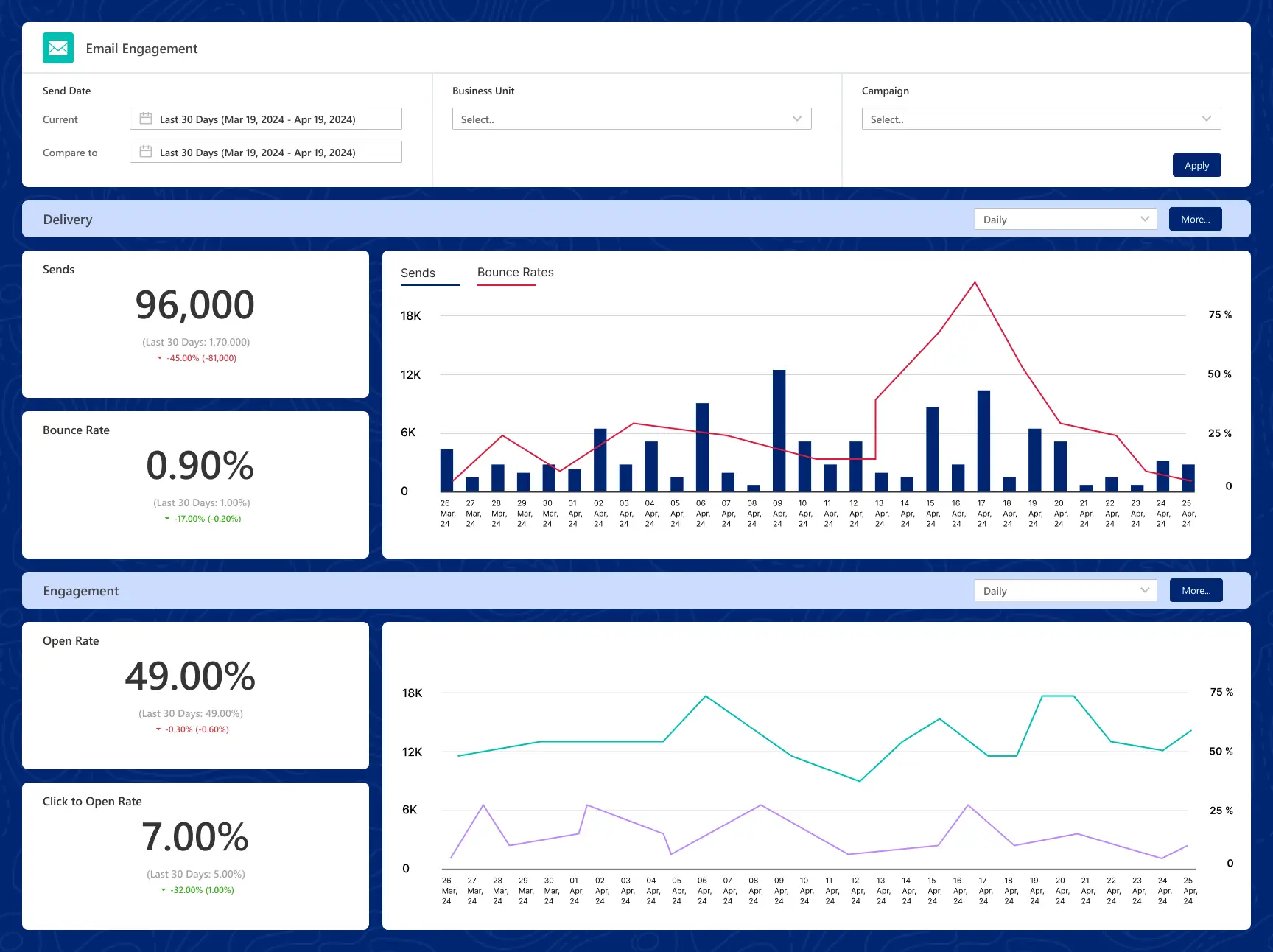
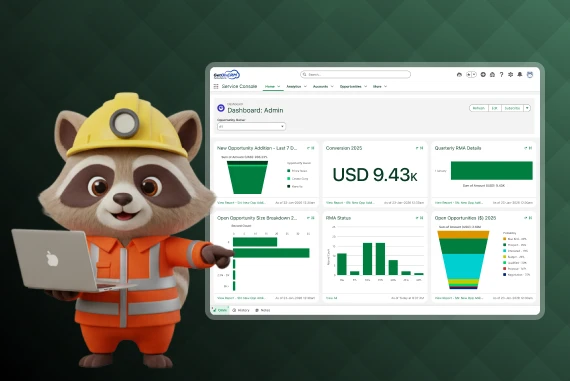
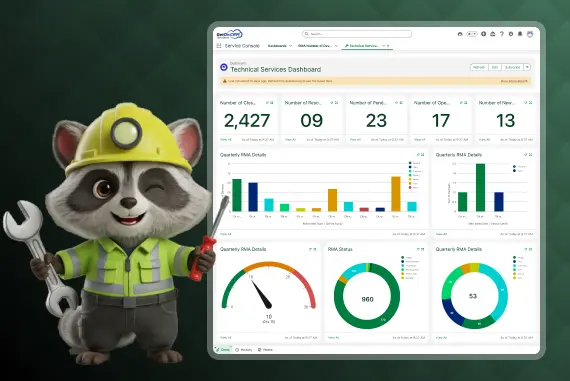
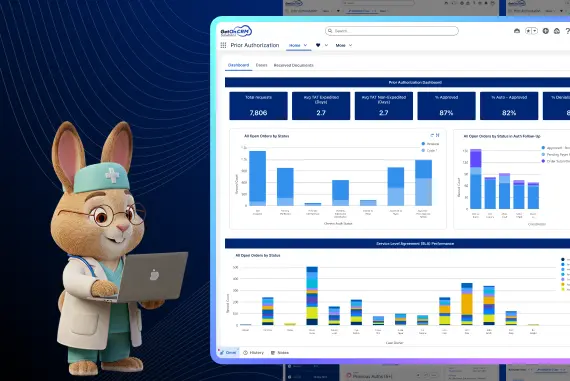










We are Salesforce Ridge Consulting Partner having 100% salesforce certified team.








Copyright © 2026 GetOnCRM Solutions PVT. LTD. All Rights Reserved.